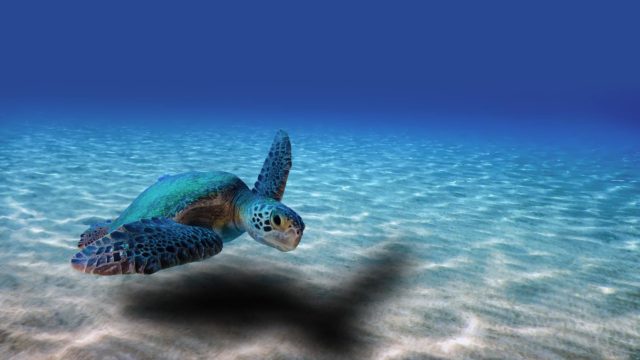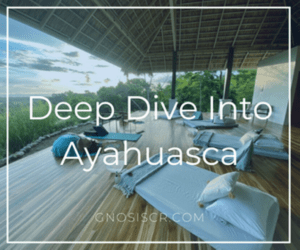Around 99% of sea turtles caught incidentally in the waters of the Costa Rican Pacific are still alive when they are found, and the fact that fishermen have adequate training to release them increases the degree of survival of this species once they return to the sea.
Given the relevance of the role of fishermen for the conservation of sea turtles, an investigation carried out by the Costa Rican Institute of Fisheries and Aquaculture (Incopesca) analyzed the characteristics of the national fishing fleet and its interaction with these species.

Characteristics of the vessels of the commercial fleets, type of fishing gear used, data on incidental capture of turtles and habitual release practices used by fishermen are part of the data collected.
The study determined the conditions offered by the vessels of the different fleets to work with sea turtles on board, which ones fish closer to the surface and where there is a greater possibility of interacting with these animals.
The fishing fleet analyzed in the study captures sea turtles incidentally, that is, the fishermen have no interest in harming them; for this reason, a technical team will propose a training program for the conditions of Costa Rica.
Fisheries are correctly regulated and managed
“Our vision is that fisheries are regulated and managed, but they are not eliminated and the best way to demonstrate this is by ensuring the least impact on species that are not the target of our fishing, as is the case of sea turtles,” he explained. Mauricio González, executive director of the national fishing sector.
Training for more than 600 fishermen from six ports and fishing communities will be carried out by the National Training Institute (INA) and will be a mandatory requirement for all captains and sailors of commercial fishing fleets in the country.
“The impact of the fishery on the ecosystem and on other species that are not the target of fishing, such as sea turtles, is a fundamental aspect that must be addressed for the sustainability of the fishery,” said Sandra Andraka, an expert biologist on the subject. marine.
The training will be aimed especially at the Costa Rican Pacific longline fleet, but also at other fisheries whose interaction with sea turtles is less well known.83% of these species that are incidentally hooked in the longline fleet fishing in Costa Rica are Kemp’s ridley sea turtles, according to the studies carried out.
Helping the species maintain favorable conditions
“This will allow the training of the fishing sector, correctly applying sea turtle release techniques, helping the environmental sector with the primary function of helping the species maintain their populations in favorable conditions,” said Rafael Gutiérrez, Vice Minister of the Environment.
The project is part of the “Best practices for the management and release of sea turtles” program, in which different associations and chambers of fishermen participate in seeking certification of fisheries.

